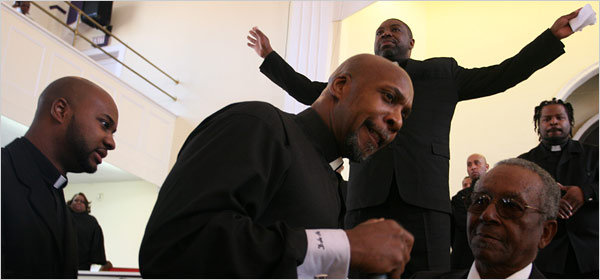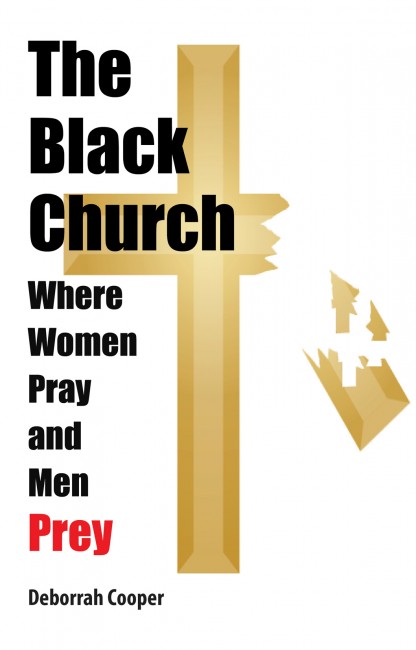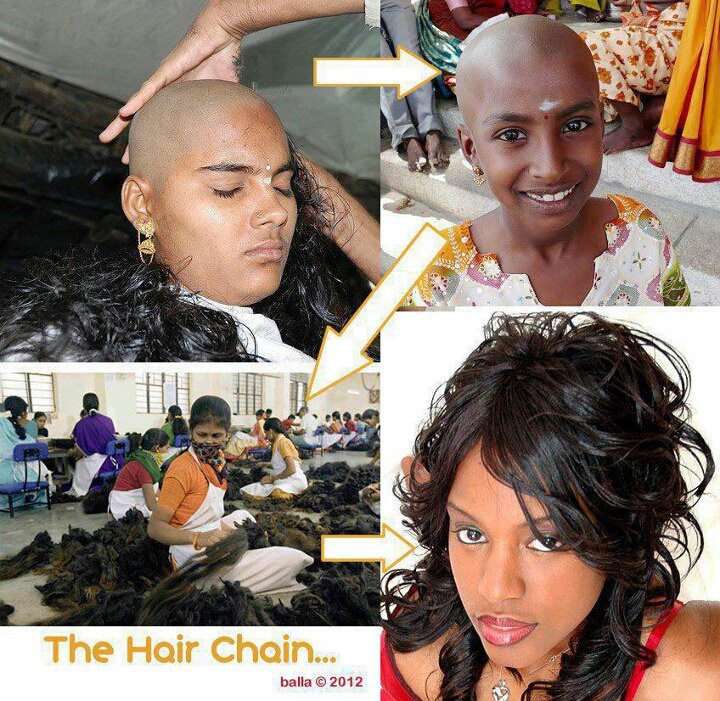It’s a social phenomenon and statistical reality that became a controversial catalyst for blog posts and news outlets across the nation: Why do most single women in the United States happen to be black?
The subsequent scrutiny of the issue did little to dispel the facts: 2010’s U.S. Census found that African-American women represented the least-married ethnic group (30.9 percent), and in comparison to Caucasians, Asians and Hispanics, they also retained the highest percentage of women 40 and older who never married (31 percent). Many high-profile personalities used the data to plug their books, preach at black women about their alleged flaws and demand they lower their standards.
But African-American social researcher and relationship expert Deborrah Cooper utilized a different approach, using the two most prevalent common denominators that she discovered—Christianity and regular church attendance—as the basis of a 2010 blog post on that she published on her Survivingdating.com blog entitled “The Black Church—How Black Churches Keep African American Women Single and Lonely.”
After the post went viral and ignited a firestorm of rebuttals, testimonials and national discourse, Ms. Cooper was moved to expound further and wrote The Black Church: Where Women Pray and Men Prey. According to the author, studying scriptures and being spiritual aren’t the problem…..being pimped from the pulpit by selfish and sexist religious leaders is.
 Author/Researcher & Relationship Expert Deborrah Cooper
Author/Researcher & Relationship Expert Deborrah Cooper
“Some pastors entice well-meaning women to get heavily involved in church to donate their money and keep them under their strict influence. It benefits that church because keeping women single means that more money ends up in the pastor’s pocket than spent on a husband and children,” says the California-based writer. “The response I constantly hear is ‘Well, that’s not every church,’ but even if it’s one out of one hundred churches, that’s still too many. This practice is affecting large numbers of women and children in the black community and a whole generation of men are misusing their positions of power and influence, so it’s a major problem.”
In addition to describing the origins of black Christianity and how early outdoor meetings and segregated sanctuaries became stand-alone churches after the slavery era, the book traces the evolution from political influence to “prosperity gospel” and how some black churches have become more preoccupied with wealth-building rather than community-building.
Cooper also demonstrates how the devoted fellowship and financial backing that black women provide from the pews is rarely recognized or rewarded.
“What I’m saying to black women is, ‘You already have the majority of the responsibility toward children, give time and money to the church and the men in your life, but who is helping you?'” She says.
What’s also irritating to Ms. Cooper is the iron-clad ‘submission’ stance that many male church leaders expect of female church members without upholding the same standards for male peers.
“The term ‘submission’ only appears in the Bible twice, yet that’s one of the most focused-on words in church sermons telling women how they’re supposed to be,” she says.
As alarming as some of ….Prey’s contents can be, the author isn’t against religion as much as she’s against the blind faith placed in theological leaders who use their connection to God as justification to exploit and abuse.
“Some think that they’re immune to criticism just because they hold the title of ‘minister’ or pastor.’ Any job has standards, and like anyone else, if you don’t perform your job well, you can be written up or fired.”






1 Comment
I think the article on black churches heat the nail right on the head. I hope leaders of the black church take a long hard look at themselves and make improvements and adjustments where needed.
September 28, 2012 at 2:18 pm